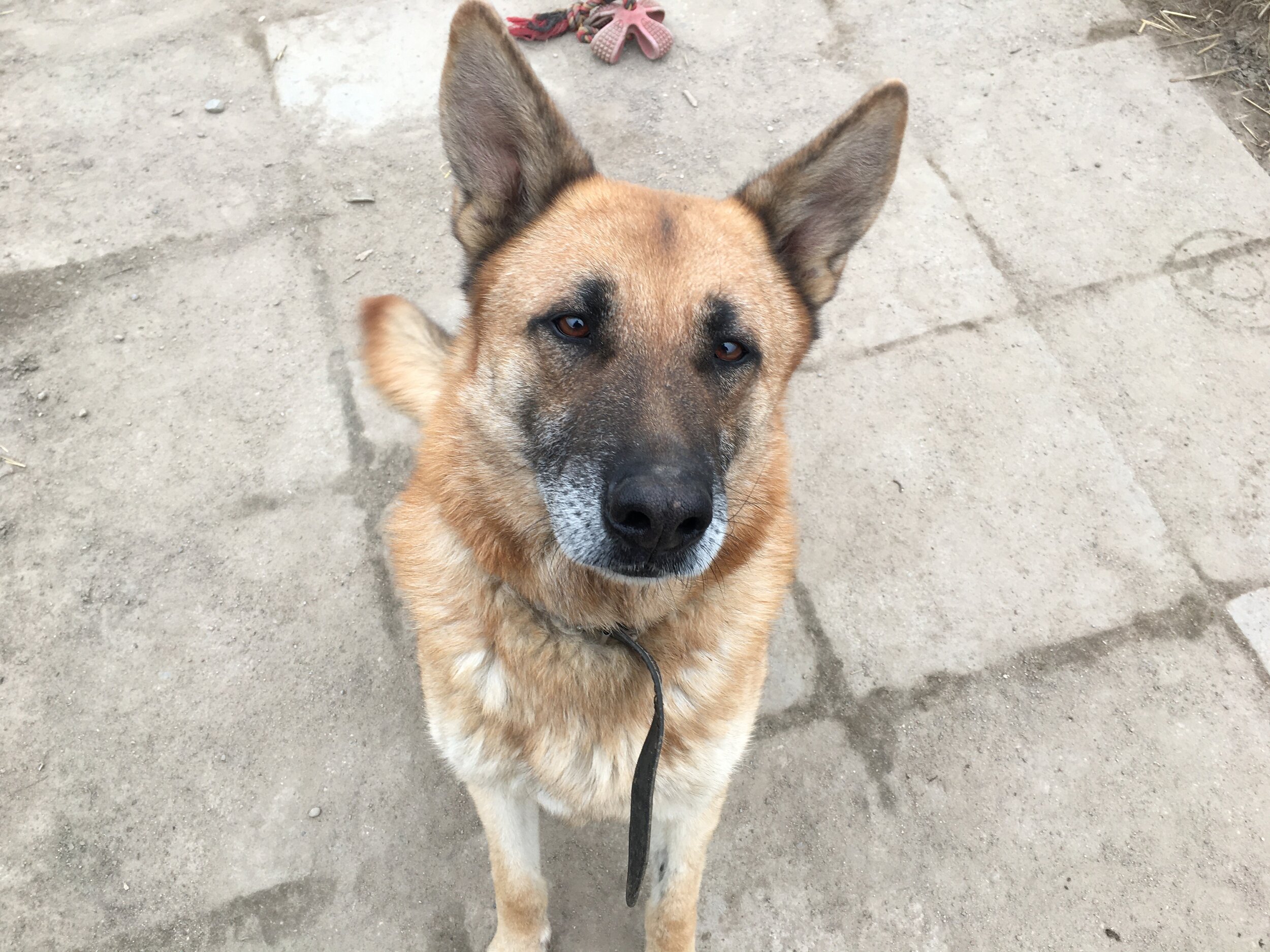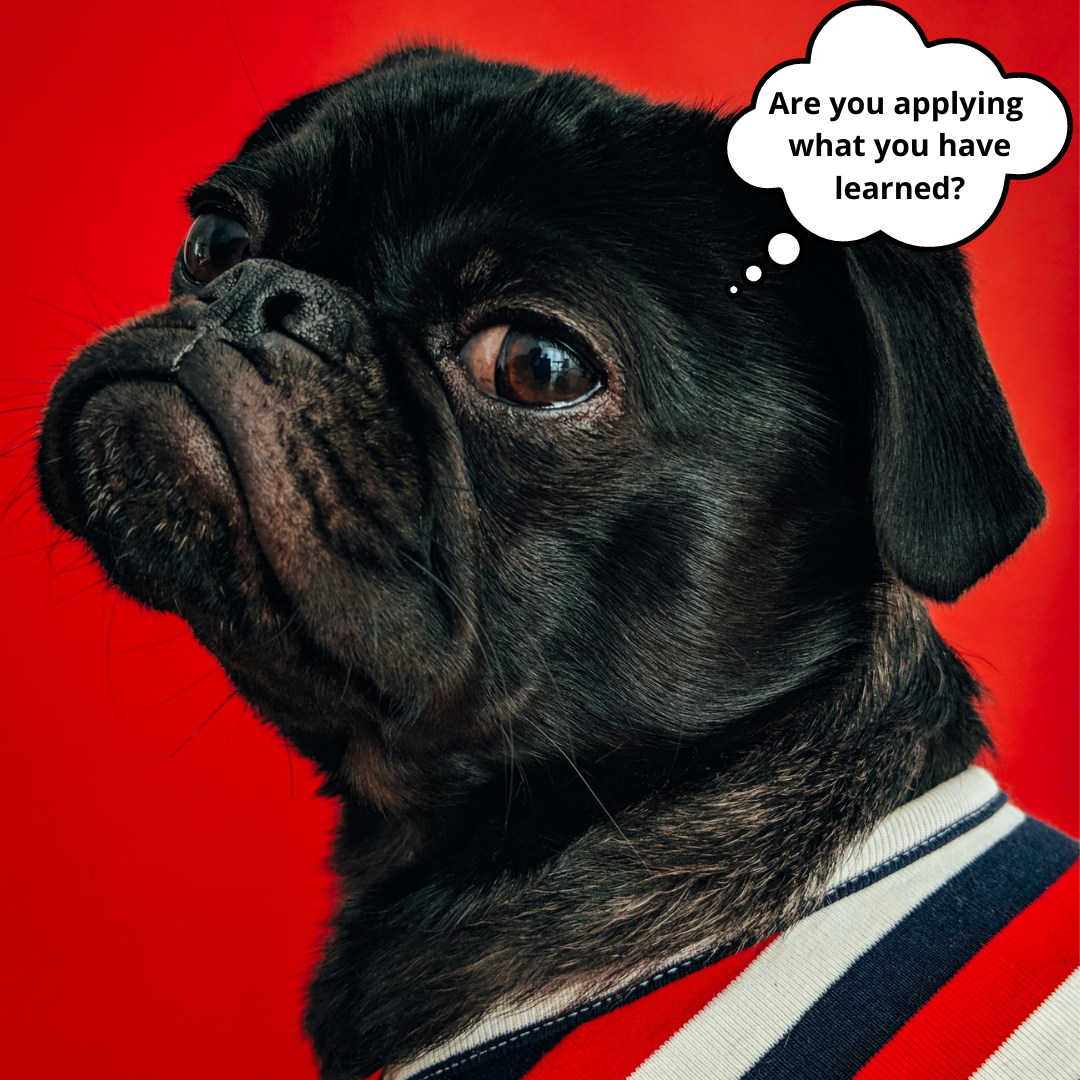We are all individuals
Animals just as much as humans are individuals with their own set of preferences and biases. What works for one will have no effect on the other. We can influence a positive change in the behaviour of any individual but the approach needs to take the individuality into consideration. Let me share one human and one dog example of how individuality plays a big role and requires a different approach. Different doesn't mean better or worse. It's just different.
Making to-do lists behaviour.
We are all different and while one of us strive on making to-do lists, take pleasure in crossing things off their lists, some of us find it daunting, or even terrifying. I had a conversation about that with my friend and it got me thinking how can I influence my own behaviour to make myself more productive?
Photo by Glenn Carstens-Peters on Unsplash
I love learning about the science of behaviour and I love reflecting on why I do what I do. I sat down and analysed why do I not like making to-do lists? Firstly, I hate the feeling when I don't finish the whole list and I left things out. Whatever the reason for not finishing something might have been, I would beat myself up for it. I would find it very aversive. Additionally, I never had much success with them, so I haven't found a lot of value in making them. In other words, there was a big potential for receiving negative consequence for engaging in this behaviour and not a lot of potential for receiving a positive consequence.
How could I change that? First of all, I asked myself how can I minimise the potential of negative consequence (feeling of failure) and how to increase the potential of positive consequence (feeling of accomplishment)? I started to make the lists smaller in terms of points to do but also in terms of a task. I broke tasks down into achievable goals that I knew I wouldn't have a problem completing. If I wanted to spend some time writing the next day, I wouldn't put on my list: write a new book chapter. I would put write for 20min. That way I made sure that I would accomplish that task and could write it off my list. I always found 20 min. Sometimes I stayed longer but when I had something else to do, I just finished after 20 minutes and allowed myself to feel great about it. I finished what I have planned for myself. The more I've done it, the more I started to like my to-do list!
I wasn't born with my aversive feelings towards making a to-do list. It was in my history of learning and having bad experiences with it. By analysing what were the consequences that I thought I will receive, I found ways to mitigate them in a different way. I gave myself an alternative that had far more chance of success.
Teaching a new cue to your pup
Photo by Amber Turner on Unsplash
That's exactly how I approach dog training. I've seen it over and over again that new puppy owners get frustrated when their puppy didn't learn to do a 'down' cue as fast as their pupils in a puppy training class. The thing is, if the dog is not learning something, it doesn't mean he won't! It just means he needs a different approach, different explanation and more learning history. Let's not blame the learner for not getting things straight away. We can break the behaviour down into small, achievable goals and patiently see how it builds-up. Sometimes a simple environmental arrangement changed puppies' behaviour. For example, putting a blanket on a cold floor as the puppy might not want to lie down to not get the cold. Sometimes it was teaching a pup to do a down under a chair or a leg. Sometimes it was careful capturing of small movements towards the floor. Reinforcing all approximations towards the end goal, so we build a history of many positive consequences so the pup is more likely to continue engaging in the training session. Just like I build up my history in engaging in making to-do lists behaviour.
Consequences drive behaviour. Human and animals are individuals with own set of preferences and own set of behaviours. It doesn't mean that we have to stay with them forever but it does mean that many of us need a little bit different approaches to get to where we want to get. It might take you longer to see a change in your behaviour or in your dog behaviour. Just remember, no matter how long it takes to climb a mountain, the view on the top is still the same.
Be a Superhero for your dog, she will love you for it.













I'm feeling great and I prioritise health. I don't feel better than anyone else! I can enjoy feeling good about myself and hope for everyone else to enjoy themselves too. I believe that happiness is not something you achieve, it's something you DO. I'm choosing habits for happiness and I do them every day. I hope you can join me and start to seek happiness every day.